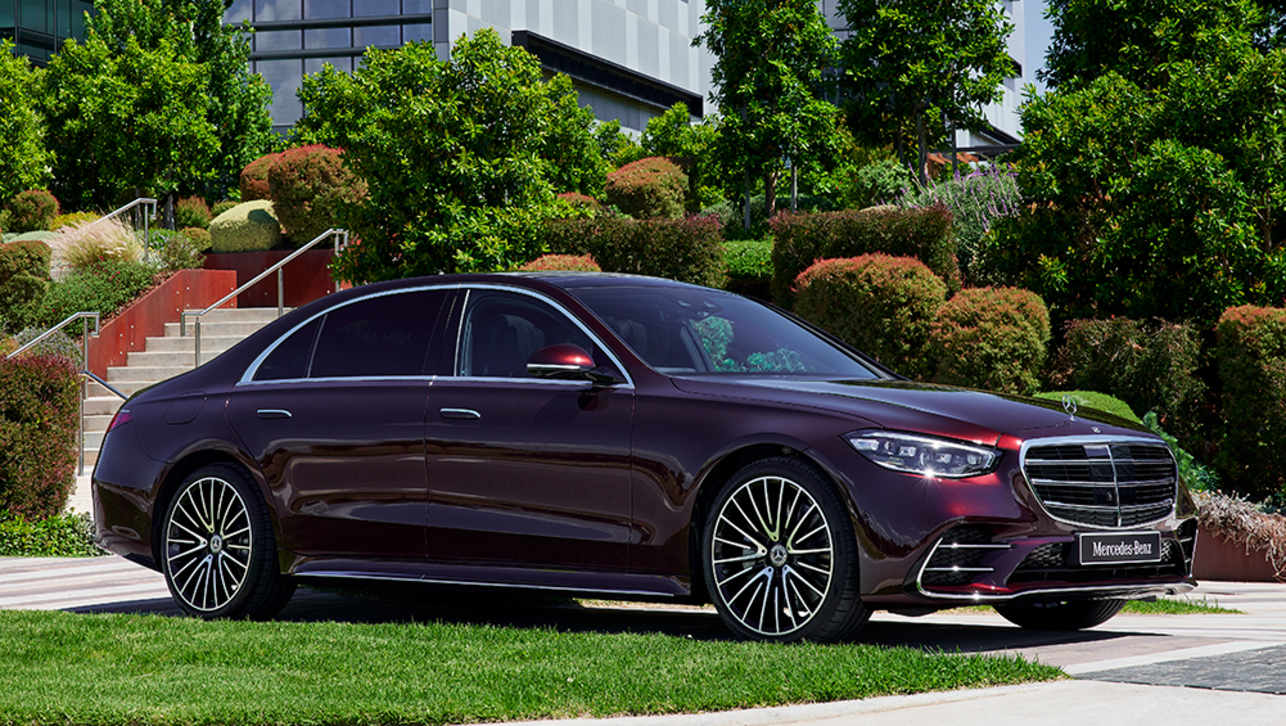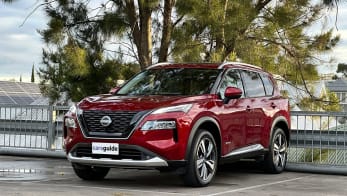What is luxury car tax? Luxury Car Tax (LCT) is a tariff on new cars (those less than two years old) sold at a price that’s above a value threshold set by the Australian Tax Office (ATO), and it’s called a Luxury tax because theoretically it only applies to expensive cars at the luxurious end of the market.
The tax is paid by dealers who import or sell luxury cars and also by individuals who import luxury cars, with dealers generally passing on the cost of the tax to the buyer as part of a vehicle’s total price.
Introduced by the Federal Government on 1 July 2001, the LCT was implemented as a means to dissuade and limit Australians from buying imported prestige and exotic cars, encouraging them instead to purchase Australian-built cars from Holden, Ford and Toyota (back when such cars existed).
With Holden, the last domestic car manufacturer, closing in 2017, luxury car tax in Australia has become a hot topic of debate with a growing wave of support from industry peak bodies such as the Federal Chamber of Automotive Industries (FCAI), the Australian Automotive Association (AAA) and the Australian Automotive Dealer Association (AADA) to abolish the tax for being a redundant and unnecessary form of government charges.
When does luxury car tax apply?
LCT is charged at the rate of 33 percent on the amount above the LCT threshold, which for the 2020-2021 financial year was $77,565 for fuel-efficient vehicles (classified as cars that have a combined fuel-consumption rating not exceeding 7 litres per 100 kilometres) and $68,740 for other vehicles.
So, for example, if your car cost $100,000 and used 10 litres per 100km, you would pay the 33 percent tax on $31,260, meaning it would take the price of the vehicle to $110,0315.80.
The rate was increased to 33 percent from 25 percent back in 2008, despite no Senate approval for the sizeable increase.
Do other countries charge LCT?
Australia isn’t the only country where a hefty tax is added to luxury cars, but it’s one of the few.
Luxury vehicles in India can come with a GST of up to 50 percent, in addition to a 15 percent registration tax. If the vehicle is a completely built unit (meaning it has been imported), it attracts an import duty of 100 per cent.
In Norway, buyers pay a 25 percent VAT (Value Added Tax) on the value of the vehicle as well as on the freight and insurance costs, plus greenhouse gas tax (these taxes have been either removed or heavily subsided for electric vehicles, leading to Norway having the largest fleet of plug-in EVs per capita in the world).
Indonesia, which usually adds a 10 to 30 percent tax for luxury cars, is removing that tax from March to May of this year on sedans and two-wheel drive cars with engine power below 1,500cc, to assist its struggling automotive industry.
While the death of local car manufacturers is key in the argument against luxury car tax in Australia, there’s also the question as to why such a tax doesn’t apply to other luxury vehicles such as boats, helicopters and private jets.
And although there have been hopes that the Australian Government would cut luxury car tax on EVs to encourage consumers to buy them, this has yet to occur.
FCAI spokesperson Lenore Fletcher, a strong proponent for the LCT to be scrapped, told CarsGuide last year that the LCT “won’t be addressed in the short term” considering the bleak financial state of the country thanks to the pandemic and the huge amount of revenue that the tax generates for the government.
While there’s no specific luxury car tax in NSW or luxury car tax in Victoria or luxury car tax in ACT, there is a stamp duty charge that varies between each state and territory, with more expensive luxury vehicles often taking the biggest hits.
In 2019, Victoria introduced an additional 7 per cent levy on vehicles priced between $100,000 and $150,000, and a nine per cent extra charge for vehicles above $150,000. Queensland has also added an extra 2 percent stamp duty for vehicles over $100,000.
Are there any exemptions to LCT?
It’s not all bad news as there are some luxury car tax exemptions. According to the ATO, they are:
Where the recipient has quoted an ABN in the approved format
Where the car was manufactured in Australia more than two years before the sale
Where the car was imported more than two years before the sale
To a car exported as a GST-free export
To a car that is (or is intended to be) registered for use as an emergency vehicle
To a motor home or campervan, or a commercial vehicle designed mainly for carrying goods and not passengers
To modifications for people with a disability
To the LCT value that LCT has already been paid on
When an endorsed public institution (museum, gallery or library that is registered for GST and endorsed as a deductible gift recipient) either imports a car that is a work of art or collectors' piece for the sole purpose of public display or sells a car that was purchased as a work of art or collectors piece for the sole purpose of public display to another endorsed public institution that also intends to use that car solely for public display
For anyone concerned about getting stung with LCT for a used car, fear not: as previously noted, LCT is only applied to eligible vehicles under two years old, and if the car is being sold for a second time, it will only attract LCT if it has increased in value - unlikely as cars depreciate in value over time.
If you’re wondering if luxury car tax is deductible, though, the sad answer is no - regardless of how much you use the car in carrying on your business, you can’t claim tax credits for it.
Will luxury car tax be scrapped?
Treasurer Josh Frydenberg told The Australian in February 2020 that “The government has no plans to phase out the luxury car tax,” despite pressure from Liberal MPs.
With the dissent against luxury car tax in Australia becoming more vocal, expect it to be a key issue during the next federal election, set to happen in or before 2022.



.jpg)


.jpg)

.jpg)
 copy.jpg)



.jpg)
.jpg)





Comments